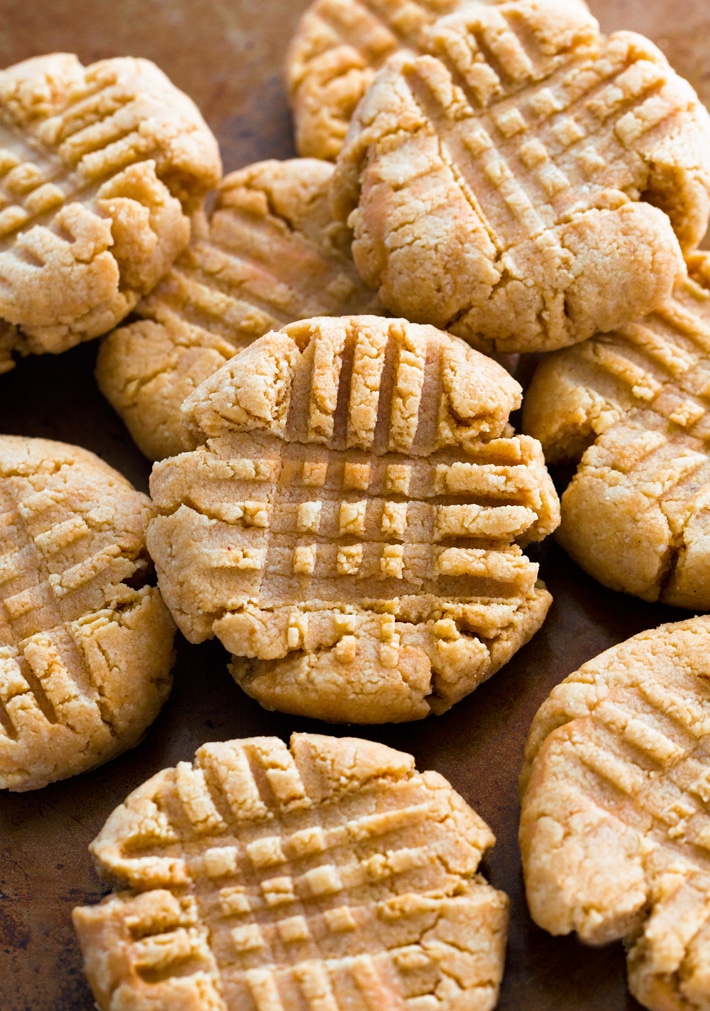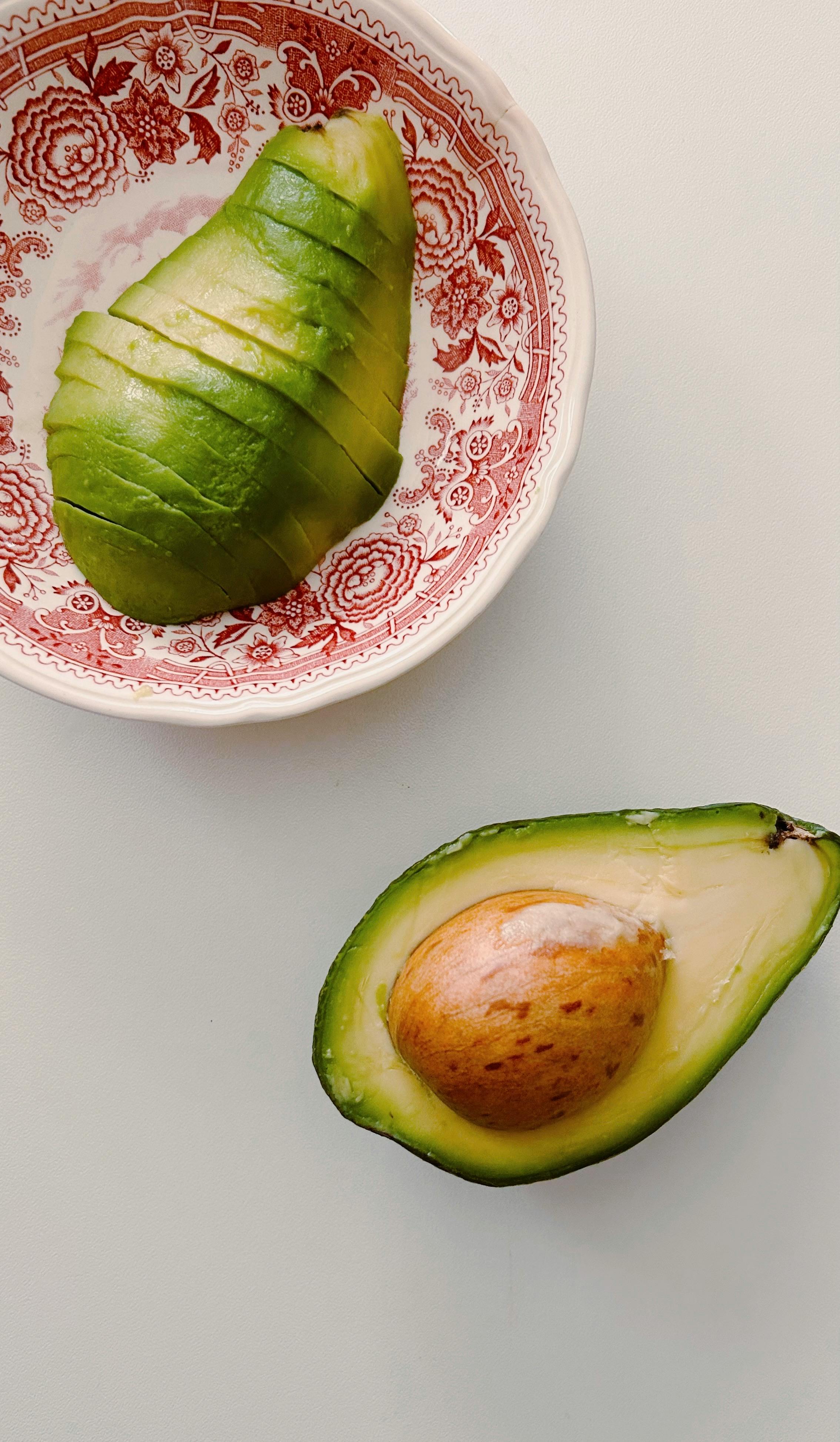Essential Guide to No Carb Challenge: Achieve Your Goals in 2025

Essential Guide to No Carb Challenge: Achieve Your Goals in 2025
The rising popularity of health-conscious eating has led many to explore the no carb challenge as a viable dietary choice for weight management and overall wellness. In this essential guide, we will delve deep into the principles of the no carb challenge, the health benefits it offers, and practical strategies for implementation. With the new year ahead, embracing a low carb lifestyle can be a transformative step toward achieving your fitness goals and fostering a healthier lifestyle in 2025.
A low carb diet typically emphasizes the reduction of carbohydrate intake significantly, allowing for increased consumption of proteins and healthy fats. It’s essential not only for weight loss but also for improving energy levels and enhancing mental clarity. Whether you're considering a keto challenge or simply looking for nutritious low carb alternatives, this guide will provide you with all necessary information, meal plans, and recipes that align with your aspirations.
By understanding the health benefits, committing to a nutrition plan, and adapting your fitness routine, you can embark on a sustainable wellness journey. Let’s explore how to navigate this dietary approach, plan your meals effectively, and boost your body transformation journey while ensuring you choose the right food options.
Let's get started on the quest for knowledge about the no carb challenge and learn how to make impactful dietary choices that promote fat burning and improve your metabolism.
Understanding the No Carb Challenge
Building on the fundamentals, understanding what a no carb challenge entails is crucial for success. This dietary challenge aims to eliminate carbohydrates from your meals, focusing instead on proteins and fats to fuel your body.
Defining No Carb and Low Carb Diets
A no carb diet is an eating plan that restricts the intake of carbs, which primarily come from starchy foods like bread and pasta, as well as sugary snacks and desserts. Variably, a low carb diet can involve a small number of carbohydrates, generally under 20-50 grams per day, which allows for some flexibility while still promoting fat loss and improved metabolic state.
Health Benefits of Cutting Carbohydrates
Embracing a carbohydrate free lifestyle presents numerous health benefits. Studies suggest reducing carbs can lead to substantial weight loss for many individuals, improve blood sugar levels, and enhance digestive health. Additionally, the shift may also provide enhanced energy levels and improved mental clarity. With these benefits in mind, it's essential to consider how such a diet could fit into your overall lifestyle and weight management objectives.
Implementing the No Carb Challenge
When embarking on the no carb challenge, creating a structured meal plan becomes crucial. You may want to map out your meals for the week, focusing on incorporating keto recipes, healthy fats, and adequate protein. Preparing meals in advance using low carb snacks can help manage hunger and prevent cravings, thus encouraging adherence to your dietary commitment.
Mindful Eating and Carb Awareness
Mindful eating plays a critical role in the no carb challenge. By being conscious of your food choices, such as selecting low sugar options or healthy swaps, you'll cultivate a greater awareness around the nutritional value of what you're consuming. This practice not only supports weight loss but enhances satisfaction with your meals, ultimately contributing to a balanced nutrition approach.
Post-Challenge Reflection and Future Goals
After the conclusion of your no carb challenge, take time to reflect on your experience. Assess whether you achieved your fitness goals and consider how to maintain your progress. Transitioning to a lifestyle that incorporates elements of the challenge while ensuring sustainability will be key to ongoing health improvements. A smooth transition back to a more balanced diet while retaining carb awareness will assist in your wellness journey long-term.
Meal Planning for Success
With these basics established, meal planning is the next step in maintaining a no carb approach. Effective meal strategies can simplify the process of sticking to your dietary limits while ensuring you’re still enjoying delicious and nutritious foods.
Creating a Weekly Meal Plan
Establishing a meal prep routine can substantially boost your success during the no carb challenge. Start your week by crafting a detailed grocery list that focuses on whole foods while avoiding processed items that are high in sugar and refined carbs. Incorporate a variety of protein sources, healthy fats, and low carb vegetables to maintain a balanced nutrition plan.
Exploring No Carb Recipes
Exploring a plethora of no carb recipes will keep your meals exciting and prevent monotony. Consider dishes like zucchini noodles with pesto, cauliflower rice stir-fry, or chicken with avocado salsa. Finding meals that resonate with your palate will help maintain motivation and commitment during your challenge.
Snack Options for Low Carb Enthusiasts
Don’t overlook the importance of low carb snacks. Incorporating snacks such as cheese, nuts, or hard-boiled eggs can help curb cravings between meals while adhering to your dietary restrictions. Small portions of high-quality protein-rich snacks can also provide an energy boost and keep you feeling satisfied throughout the day.
Portion Control and Calorie Tracking
To ensure your dietary choices lead to successful weight management, practicing portion control is essential. While low carb meals are often high in fats, it’s crucial to monitor serving sizes to avoid excess calorie consumption. Utilizing a food diary or food tracking app can provide a helpful visual aid in understanding your eating habits.
Incorporating Meal Replacement Options
On busy days when preparing meals might be challenging, incorporating meal replacement options can be incredibly beneficial. There are numerous healthy shakes and bars available on the market designed specifically for low carb diets, ensuring you maintain your nutrition goals without sacrificing convenience.
Fitness Routines That Complement Your Diet
This naturally leads us to another significant aspect of the no carb challenge: exercise. Pairing dietary efforts with a consistent fitness routine will enhance your overall results.
Designing an Effective Exercise Routine
Creating an exercise routine that complements your no carb diet is vital. Focus on incorporating both strength training and cardiovascular activities. Regular physical activity will help in fat loss and improving body composition. Aim for a mix that engages different muscle groups and increases heart rate, promoting a balanced approach to fitness and health.
Post-Workout Nutrition
Understanding the importance of post-workout nutrition is essential for recovery. Following intense physical activity, prioritize low carb, high protein meals or snacks to aid muscle recovery and replenish energy stores. Options like a protein shake made with almond milk or a turkey lettuce wrap can be effective choices.
Tracking Progress and Accountability
Tracking your progress throughout the no carb challenge is necessary to stay motivated. Monitoring your weight, energy levels, and physical improvements will help you gauge your journey effectively. Consider engaging with an accountability partner, participating in community support groups, or utilizing health coaching resources for additional motivation and encouragement.
Finding Fitness Motivation
Maintaining motivation during a challenging dietary period can be tough. Establish personal fitness goals that inspire you, such as participating in local races or setting personal milestones. Engaging in community support can also enhance your determination as you find inspiration and motivation from fellow participants sharing similar interests.
Ensuring Long-Term Success
For sustainable success, it's essential to incorporate aspects of your no carb lifestyle into everyday living. Gradually reintroducing healthy carbs while remaining mindful of their sources can help maintain weight and physical progress. Adapt your exercise routine as needed and continue exploring new low carb recipes to keep your enthusiasm alive.

Overcoming Challenges During the No Carb Challenge
As with any lifestyle change, you may encounter challenges during the no carb challenge. Recognizing potential hurdles can help you devise strategies to overcome them, ensuring ongoing success.
Managing Cravings and Temptations
One of the primary hurdles many individuals face is intense cravings for carbohydrates and sweets. Developing strategies to manage these temptations—such as practicing mindful eating or utilizing low carb alternatives—can assist in maintaining commitment to your dietary needs. Engaging in hydration practices, using clean eating principles, or choosing nutrient-dense snacks can also provide effective coping mechanisms.
Adapting to Social Situations
Navigating social situations where tempting high-carb foods are present can be stressful. Speak with friends and family about your dietary choices and seek their support. You can also prepare and bring your own low carb meals or snacks to gatherings to ensure you remain within your dietary compliance while participating in social events.
Setting Realistic Expectations
Embarking on a no carb challenge may not always yield immediate results. It's important to set realistic expectations regarding weight loss and physical changes. Focus on mindfulness practices and the overall journey rather than merely the end goal; adopting flexible dieting strategies will help maintain motivation even when progress appears slow.
Dealing with Setbacks
Setbacks are a natural part of any health journey. Embrace them as learning opportunities rather than failures. Reflect on areas for improvement and adjust your approach accordingly. Having accountability partners can provide crucial support during these times and help establish a growth mindset for future challenges.
Continuing Your Healthy Eating Journey
After completing the no carb challenge, consider transitioning into a more flexible dietary plan while maintaining carb awareness. Explore other dietary choices that suit your health goals and personal preferences. Building a sustainable lifestyle incorporating low carb meals and healthy fats will allow you to maintain energy levels and achieve ongoing success.

Frequently Asked Questions About the No Carb Challenge
To wrap up our guide on the no carb challenge, let’s address some common questions that may arise about this dietary approach.
1. What Can I Eat on a No Carb Diet?
On a no carb diet, focus on foods high in protein and healthy fats. Options include meats, eggs, fish, low-carb vegetables, nuts, and healthy oils. Be cautious to avoid starchy foods, sugars, and grains.
2. How Quickly Will I See Results?
Results from a no carb challenge may vary from person to person. Many individuals report initial weight loss in the first few weeks due to carb elimination and water weight loss, but ongoing progress will depend on individual dedication and adherence to the diet.
3. Can I Exercise While on a No Carb Diet?
Absolutely! In fact, coupling exercise with a no carb diet can significantly enhance your results. It's essential to ensure your meals are nutrient-rich to provide sufficient energy levels for your workouts.
4. Is a No Carb Diet Safe Long-Term?
Consulting a healthcare professional before starting any drastic dietary change is advisable. While many benefit from the no carb challenge, a balanced approach to long-term health is essential, focusing on sustainable habits rather than extreme restrictions.
5. What Are Some Low Carb Snack Ideas?
Some great low carb snack options include cheese, nuts, olives, boiled eggs, and vegetables with low-carb dips like guacamole or hummus. These provide proper fuel while adhering to your low carb lifestyle.
We hope this guide empowers you to navigate the no carb challenge successfully, enhancing your overall wellness and helping you achieve your health objectives in 2025. Remember that the journey to a healthy lifestyle is continuous and ever-evolving.